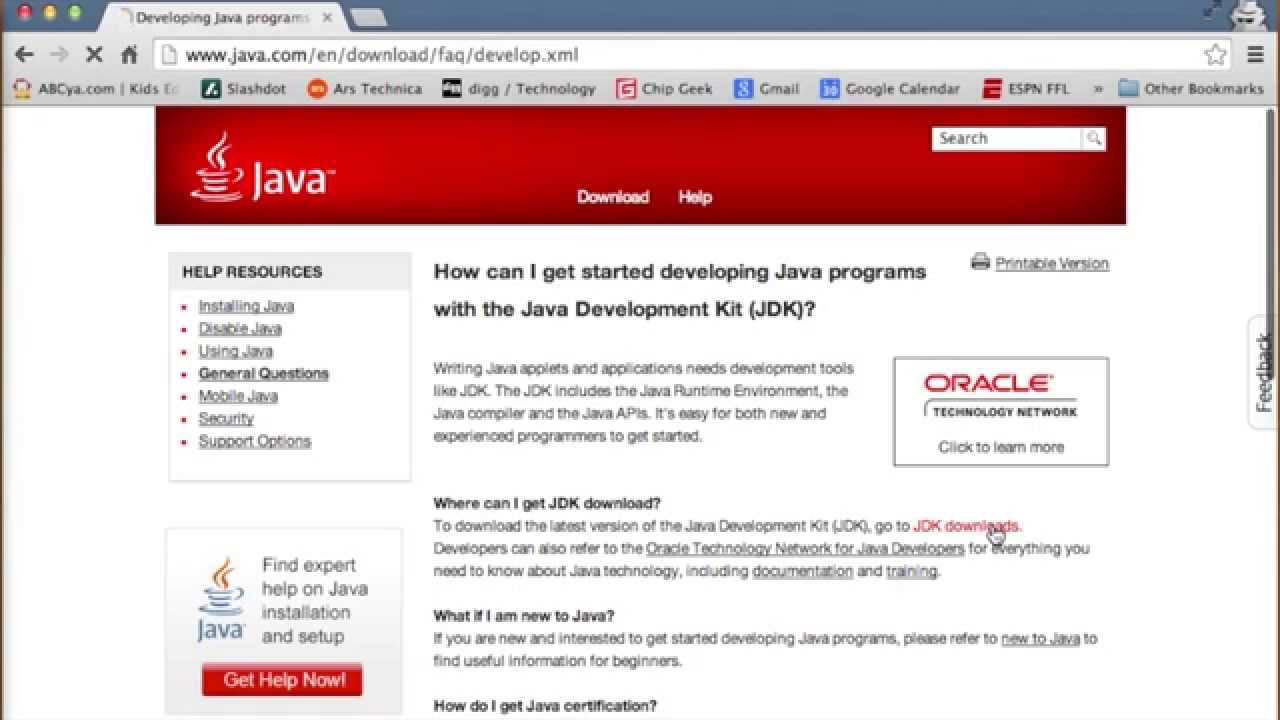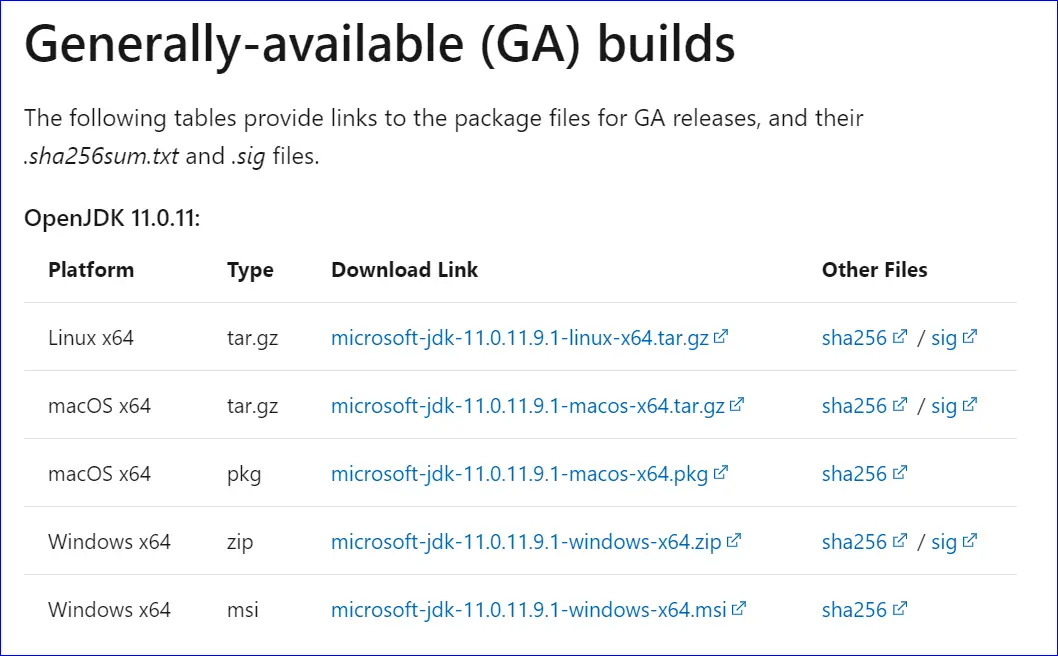

- INSTALL OPENJDK 11 MACOS HOW TO
- INSTALL OPENJDK 11 MACOS INSTALL
- INSTALL OPENJDK 11 MACOS SOFTWARE
- INSTALL OPENJDK 11 MACOS CODE
- INSTALL OPENJDK 11 MACOS WINDOWS
There are a lot of ways to install Jdk 11, but one of the easiest ways is to use SDKMAN, $ sudo add-apt-repository ppa:openjdk-r/ppa $ sudo apt-get install software-properties-common If you are using Debian or its derivatives (like Ubuntu or Linux Mint), use APT: If you'd rather, you can also install on Linux without a package manager. Install the JDK: $ brew install -cask adoptopenjdk11īelow are instructions for install using the package manager of your distro. Tap the Homebrew Cask - this allows us to install pre-built binaries like the JDK. If you haven't installed Homebrew, yet, do so now: $ /usr/bin/ruby -e "$(curl -fsSL )" If you'd rather, you can also install on macOS without Homebrew. To get started, see " Running the Tests".īelow are instructions for install using the most common method - using Homebrew. You now are ready to get started with the Kotlin track of Exercism! We recommend closing the administrative command prompt and opening a new command prompt - you do not require administrator privileges to practice Exercism exercises. Install the JDK: C:\Windows\system32> choco install openjdk11 If you have not installed Chocolatey, do so now: C:\Windows\system32> -NoProfile -ExecutionPolicy unrestricted -Command "iex ((new-object net.webclient).DownloadString(''))" & SET PATH=%PATH% %ALLUSERSPROFILE%\chocolatey\bin
INSTALL OPENJDK 11 MACOS WINDOWS
(If you need assistance opening an administrative prompt, see open an elevated prompt in Windows 8+ (or Windows 7).

INSTALL OPENJDK 11 MACOS CODE
I then ran the code below, which I took from the output above: sudo ln -sfn /usr/local/opt/openjdk/libexec/openjdk.jdk /Library/Java/JavaVirtualMachines/openjdk.jdk If you need to have openjdk first in your PATH, run:Įcho 'export PATH="/usr/local/opt/openjdk/bin:$PATH"' > /Users/gerarddonnelly/.bash_profileįor compilers to find openjdk you may need to set:Įxport CPPFLAGS="-I/usr/local/opt/openjdk/include"
INSTALL OPENJDK 11 MACOS SOFTWARE
Openjdk is keg-only, which means it was not symlinked into /usr/local,īecause macOS provides similar software and installing this software in Sudo ln -sfn /usr/local/opt/openjdk/libexec/openjdk.jdk /Library/Java/JavaVirtualMachines/openjdk.jdk Sudo ln -sfn /Library/Java/JavaVirtualMachines/openjdk-17.jdk.Īnd it will display the following which shows your file path: For the system Java wrappers to find this JDK, symlink it with For the system Java wrappers to find this JDK, symlink it with

The response text look something similar to. Now, in case you do not see the java version in /usr/libexec/java_home as expected and the version selection of that missing version is not working, you might need to add a symlink:Įxecuting brew info return the location of the installed version and will specify a symlink command that you should run for the system to find the SDK. You can further export the JAVA_HOME variable in your shell init file as speciifed in the attached SOF thread. Now you can select the java version using:Įxport JAVA_HOME=`/usr/libexec/java_home -v 8` You should see the two versions specified in the response (if not, read further to create a symlink).

Install two java versions (change java versions as pleased):īrew install install the following command to see the installed versions: You can use brew to install multiple java versions and run a command to switch between the versions as required.
INSTALL OPENJDK 11 MACOS HOW TO
Assembled from the answers here and How to set or change the default Java (JDK) version on macOS?:


 0 kommentar(er)
0 kommentar(er)
